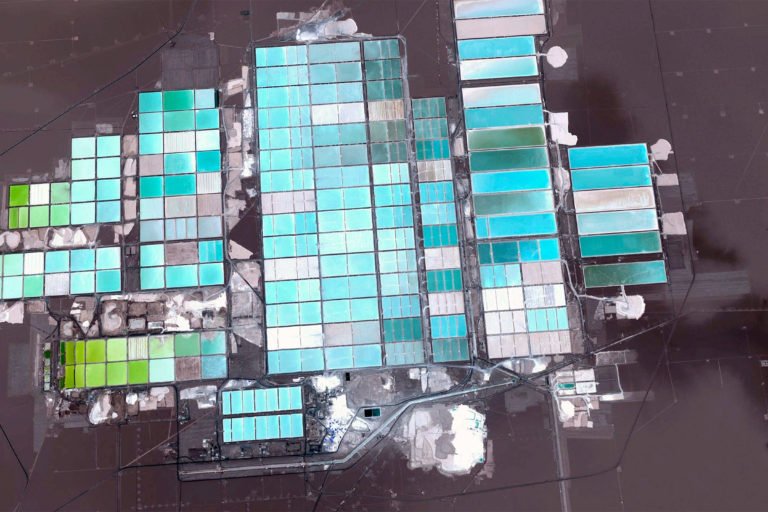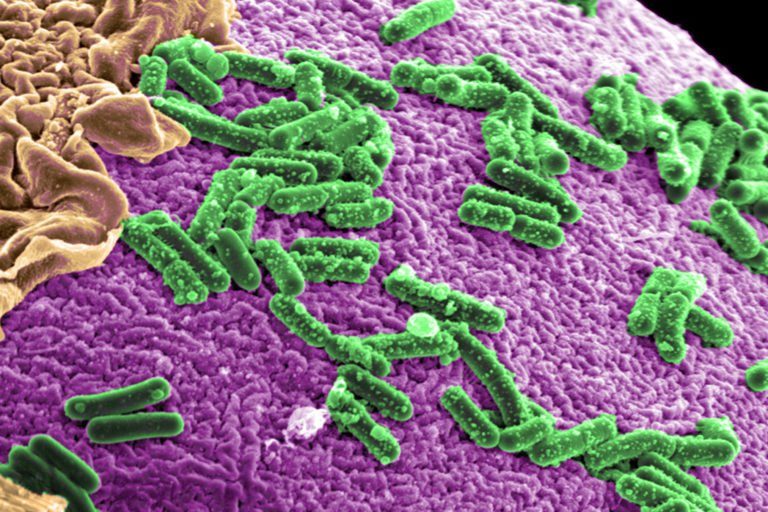- A team of scientists working in the field of plastics has published a letter in Science, calling for the cessation of new plastic production in order to solve the plastic pollution issue.
- Plastic is not only an issue when it comes to its disposal, but its production generates large volumes of greenhouse gas emissions, contributing to the climate crisis, they argue.
- Earlier this year, countries agreed to adopt a global treaty to stop plastic pollution, but the details for this agreement have yet to be determined.
- Negotiators will begin working on a draft of the agreement next month.
In a letter published in the journal Science, a group of international scientists has called for a cap on the global production of new plastics in order to preserve human and environmental health, and to cut down on greenhouse gas emissions. They argue that this move will be critical in solving the plastic pollution issue currently confronting our planet.
In March 2022, 175 countries unanimously agreed to adopt a global plastic treaty to stop plastic pollution. Not only is the treaty set to address the issue of plastic waste, but it will address the “full lifecycle of plastics,” from the extraction of chemicals to the highly polluting stage of “cracking” chemicals into compounds used to make plastic. However, the details of this treaty still need to be figured out during a negotiation process that will begin next month.
“[T]he resolution is in place but it will be years before the treaty is adopted … and implemented with appropriate accountability,” letter co-author Bethanie Carney Almroth, an ecotoxicologist and microplastics researcher from the University of Gothenburg in Sweden, told Mongabay in an email. “The problems with plastics are complex and will require multifaceted solutions that are product and context specific, to ensure safety and equity.”
The letter notes that there are currently about 450 million tons of plastic produced each year, and that production is set to double by 2045. The production of plastic is known to emit large volumes of greenhouse gas emissions — in the U.S. alone, it’s been estimated that the plastic industry contributes 232 million metric tons of greenhouse gases every year, and that these emissions could outpace what is produced by burning coal by 2030. But there is also the growing issue of plastic waste, especially since most of it is currently exported from the Global North to the Global South, the scientists say in the letter.
A recent study in Science has suggested that plastic pollution can only be cut by about 80% over the next 20 years if all possible solutions to the issue are fully implemented, including replacing plastic with other materials and improving recycling and waste management. But even with this action, about 710 million metric tons of plastic waste will have entered both terrestrial and aquatic ecosystems, the study suggests.
“Even if we recycled better and tried to manage the waste as much as we can, we would still release more than 17 million tons of plastic per year into nature,” said Melanie Bergmann, a plastic pollution and microplastic expert at the Alfred Wegener Institute in Germany, and the initiator of the letter. “If production just keeps growing and growing, we will be faced with a truly Sisyphean task.”
“The science is crystal clear,” she added. “Only upstream measures such as a cap on plastic production will prevent further degradation of our life-supporting ecosystems and allow us at the same time to reduce the carbon footprint of plastics, which makes up 4.5% of the global CO2 emissions.”
Plastic has become one of the most polluting substances in the world, but there are about 350,000 other kinds of human-made chemicals and synthetic pollutants — known collectively as “novel entities” — circulating throughout our world. The rate at which plastics and other novel entities are being produced, and the little understanding we have about their risks and impacts, led researchers to declare in a recent study that we have breached a “planetary boundary” for chemical pollution, endangering the stability of Earth and humanity’s place on it.
“The exponentially growing production is really the root cause of the problem, and the amounts of plastics we have produced thus far have already exceeded planetary boundaries,” Carney Almroth said. “If we don’t tackle that, all other measures will fail to achieve the goal of substantially reducing the release of plastic into the environment.”
The letter writers argue that in order to substantially address the problem, it is essential to stop the production of new plastics. Failure to do so, they say, “will lead to more dependence on flawed and insufficient strategies.”
Co-author Susanne Brander, an ecotoxicologist at Oregon State University, said the proper regulation of plastics could generate a “gateway to more effective regulation of synthetic chemical production as a whole.”
“Prioritizing the health of our planet and its people with a binding global agreement that caps plastic production, while acknowledging that there is no ‘away’ for pollutants and that there never has been, is a critical step towards a more sustainable future for all of us,” she said.
Citations:
Bergmann, M., Carney Almroth, B., Brander, S. M., Dey, T., Green, D. S., Gundogdu, S., … Walker, T. R. (2022). A global plastic treaty must cap production. Science. doi:10.1126/science.abq0082
Lau, W. W., Shiran, Y., Bailey, R. M., Cook, E., Stuchtey, M. R., Koskella, J., … Palardy, J. E. (2020). Evaluating scenarios toward zero plastic pollution. Science, 369(6510), 1455-1461. doi:10.1126/science.aba9475
Persson, L., Carney Almroth, B. M., Collins, C. D., Cornell, S., De Wit, C. A., Diamond, M. L., … Hauschild, M. Z. (2022). Outside the safe operating space of the planetary boundary for novel entities. Environmental Science & Technology. doi:10.1021/acs.est.1c04158
Vallette, J. (2021). The New Coal: Plastics and Climate Change. Retrieved from Beyond Plastic website: https://static1.squarespace.com/static/5eda91260bbb7e7a4bf528d8/t/616ef29221985319611a64e0/1634661022294/REPORT_The_New-Coal_Plastics_and_Climate-Change_10-21-2021.pdf
Banner image caption: A boy sorting through trash at a dump site in Nicaragua. Image by Hermes Rivera / Unsplash.
FEEDBACK: Use this form to send a message to the author of this post. If you want to post a public comment, you can do that at the bottom of the page.












